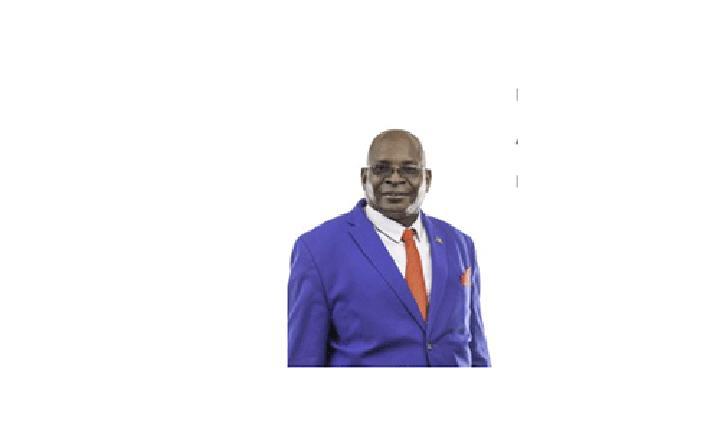Africa-Press – Namibia. Bishop Festus Thomas, leader of the Body of Christ Party (BCP), has raised concerns in Parliament over what he termed ongoing discrimination against revival churches in Namibia’s northern regions.
He described the treatment as a systematic campaign of religious discrimination and repression, particularly targeting revival churches in northern Namibia.
Raising the issue shortly before the National Assembly went into recess, the clergyman expressed grave concern over the alleged suppression of Christian institutions, especially in the regions of Oshikoto, Oshana, Ohangwena and Omusati, by traditional authorities.
Thomas said revival churches in those regions are being unfairly targeted, with some even having their buildings destroyed.
“We are witnessing a coordinated effort to silence, humiliate, and criminalise revival churches. This is not just discrimination; it is religious persecution,” Thomas said.
Despite the majority of Namibians being purportedly Christians, Thomas questioned why some traditional leaders, many of whom identify as Christians, are taking an adversarial stance against the very faith they profess.
“How can leaders who call themselves Christians fight against churches that seek to uplift and heal our people? There is a contradiction between cultural loyalty and religious truth,” he said.
Thomas accused certain traditional leaders of violating Article 102(5) of the Namibian Constitution, which defines the role of traditional authorities within a democratic framework. He emphasised that these leaders may be overstepping their legal boundaries, particularly regarding religious freedoms.
Central to Thomas’ claims was a controversial letter circulated by some traditional leaders titled ‘Oongeleka dhiiveva dhavuka moshilongo shetu’ which loosely translates to “the proliferation of revival churches in our land.” According to Thomas, the letter accuses revival churches of misleading followers, discouraging medical treatment and promoting disrespect among children towards their parents in favour of prayer.
Thomas dismissed these claims as “baseless, discriminatory and intellectually dishonest,” stating that such narratives are rooted in fear, ignorance, and tribal prejudice.
“To say churches are destroying our communities is not only false, but it’s dangerous. Revival churches provide hope, healing, and purpose,” he said.
He also condemned what he termed as “unlawful and unconstitutional requirements” imposed on new churches. These include needing approval from nine different bodies ranging from traditional leaders to governors, councillors and even the ministry of foreign affairs before being allowed to operate.
“These requirements are excessive, exclusionary, and have no basis in our laws. They are designed to keep certain churches out,” Thomas argued.
More disturbingly, Thomas claimed that around 90 revival church buildings have been demolished in the northern regions under the supervision of police, often without any formal legal process.
“No court orders. No charges. Just bulldozers and humiliation while the public watches. This is not governance. This is oppression,” Thomas argues.
He further alleged that members of revival churches face discrimination in public spaces such as hospitals, schools, and police stations and are often treated as outcasts or criminals.
Thomas reminded Parliament that religious organisations are legally permitted to register as welfare or non-profit bodies and are eligible to apply for land and tax exemptions under Namibian law. He called on the Ministry of Urban and Rural Development to urgently investigate the actions of traditional authorities and ensure the protection of religious freedoms.
“Religious freedom is not a favour; it’s a right. The government must act before this situation spirals into deeper conflict,” he urged.
Drawing parallels with Namibia’s colonial past, Thomas warned against what he called a “return to Apartheid-era tactics”, where land was denied and churches were silenced.
“Traditional leaders must represent all Namibians, not just a few. We cannot replace one form of oppression with another… the Christian’s freedom is our mission, and we cannot be victims of injustice,” he said before reaffirming his party’s mission to defend Christian rights in Namibia.
For More News And Analysis About Namibia Follow Africa-Press






